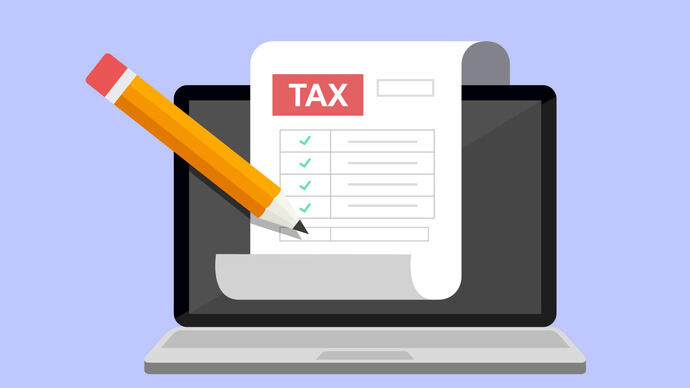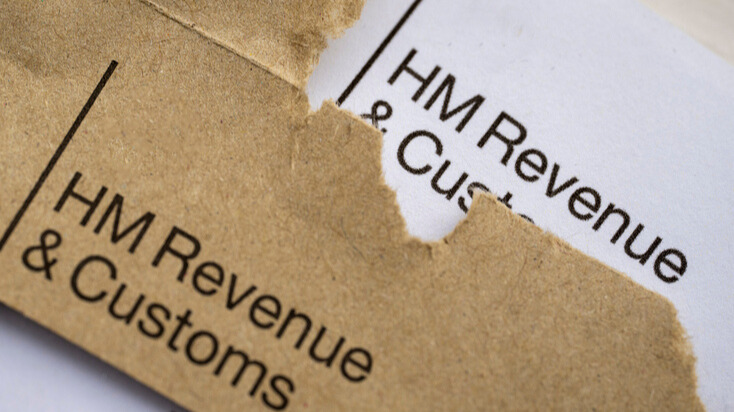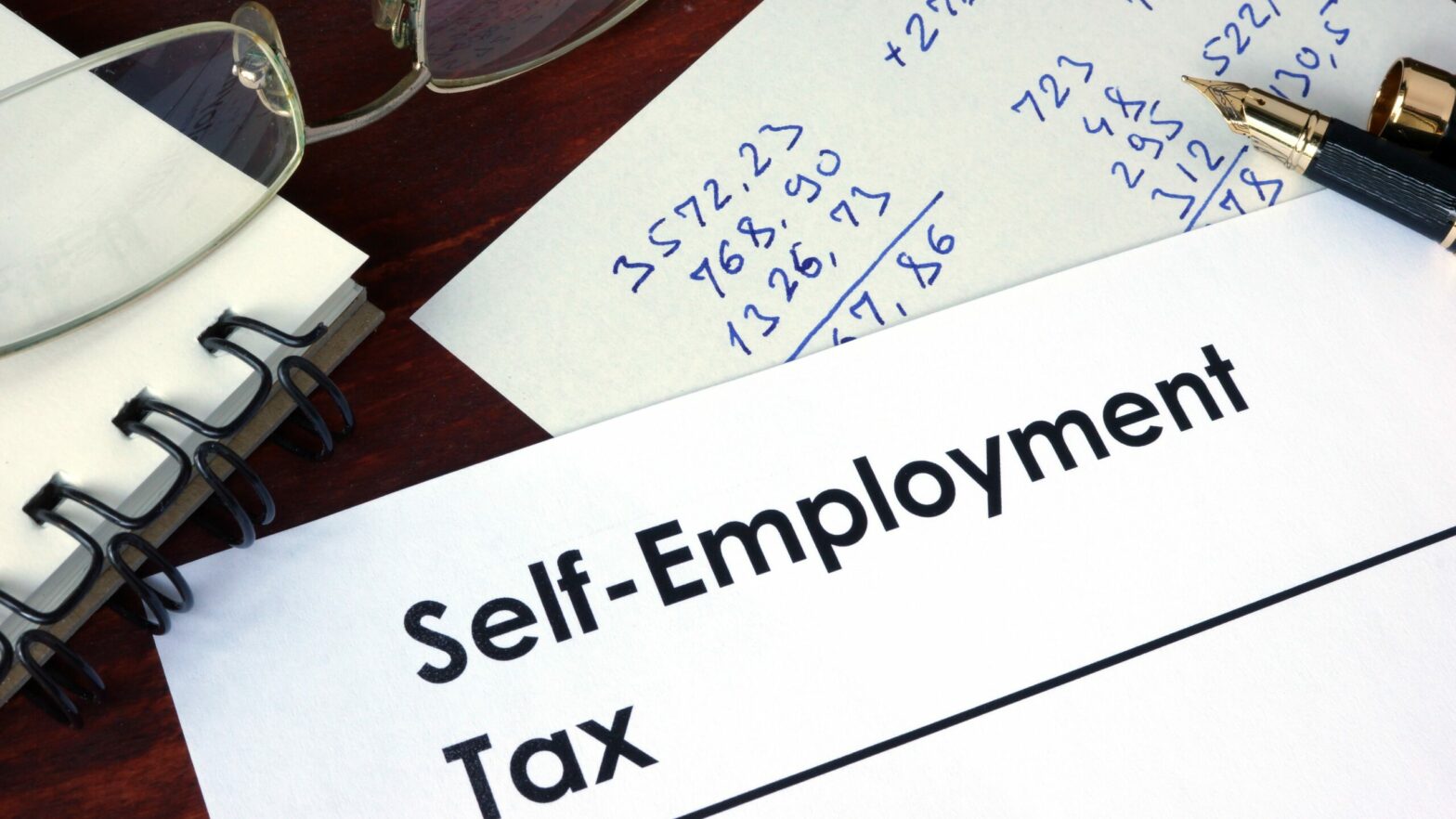The government needs to say whether the current one-year business rates holiday for retail and hospitality businesses is going to be extended.
So says John Webber, head of business rates of property consultancy Colliers International, which has monitored the number of business rates appeals flooding the Valuation Office Agency (VOA), part of HM Revenue & Customs, which is tasked with processing complaints as part of a three-stage “check, challenge, appeal” process.
According to Colliers, some 170,000 businesses have taken the first step towards appealing against their rates since the pandemic began in the UK in March. That is more than the total number in the three previous years, during which 159,000 queried their rates.
>See also: Chancellor Rishi Sunak may scrap business rates in favour of a land tax
Partly, it’s the government’s own fault that the VOA is so swamped with business rates appeals.
Businesses are being forced into challenging ratings assessments now because the government has yet to announce whether the one-year business rates holiday for retail and hospitality announced in March is going to be extended.
Business rates are a tax on properties that are used for commercial purposes and are charged based on an estimate of what it would cost to rent the property on the open market: the “rateable value”. Current rateable values are set according to rents on April 1, 2015.
In the last tax year, local authorities collected £25.6bn in business rates.
>See also: Influential MPs call for government to rethink broken business rates
Given the scale of the Covid pandemic and the Brexit crisis, you can see why small business owners are clamouring to have their business rates downshifted.
Webber said: “If you’re a shop or a pub or a restaurant, you’re counting down the days until you’re stuck with a rates bill again. What you would do is challenge the rateable so that it’s the lowest it could be when the next rateable value comes around.”
What chancellor Rishi Sunak needs to do, said Webber, is tell businesses now that either the one-year business rates holiday will be extended for another year or that small businesses only have to pay, say, half of their current rates until April 2022.
Webber said: “The sooner they do it, everybody will be reassured from next April. At the moment, everyone is assuming there’s going to be 100-per-cent liability from next April. It’s not a great place for the government to be silent at the minute. All that good work they did early in the lockdown will be wasted unless they make an announcement soon.
“It’s not about shutting commercial premises, it’s about people losing their jobs. The longer the government delays on making this announcement, the greater the number of appeals will be coming in and greater the numbers of jobs in those sectors under threat.”
Otherwise, valuation appeals will continue to keep flooding into the not-waving-but-drowning valuations office.
“As the days creep by closer to April next year, if you’re a business and you’re working out your business plan for next year, you’re working on the assumption of paying 100 percent from next year, hence all the challenges,” said Webber.
Webber points out that many businesses are now appealing their rates assessments on the grounds of Material Change of Circumstance (MCC).
Webber said: “You’re never going to get a bigger material change of circumstance in the history of rating than Covid-19. It’s certainly rated a valid material change.”
Although Webber believes most of these MCC appeals will win, the lag between an office-based small business paying its rates upfront and then getting a rebate could be one year.
Webber feels it would be more sensible – assuming there is not another rates holiday – if the government therefore gave a rates discount now and “cuts out the middleman”- so that occupiers of office spaces are paying bills they can afford and what, ultimately, they would be paying anyway once the appeal rebate is approved.
A separate review of the rates system is underway, and business groups have called for rates to be frozen for the next two years and then reduced, to reflect the pandemic’s impact.
Further reading on business rates
How can I reduce my business rates – A small business guide





